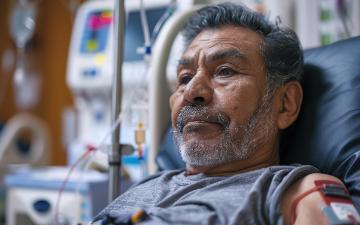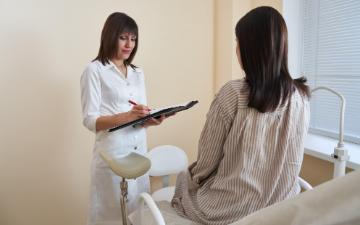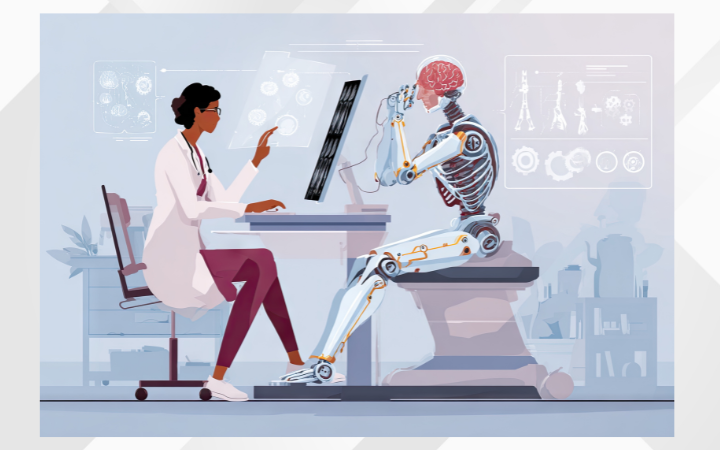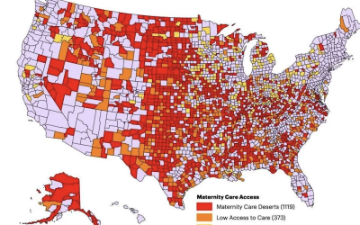Bioethics
The Markkula Center for Applied Ethics explores ethical issues in biology.
What is Bioethics?
by Margaret McLean, senior scholar of the Markkula Center for Applied Ethics
Bioethics involves a reflective, careful examination of issues that arise in biology and medicine, such as end-of-life decision making, DIY biology, biohacking, genetic testing, and the new possibilities of gene editing. It spans a large range of activities that may occur in garages or in laboratories.

Tianyu Tan, biology major, highlights facts about the Rabies virus and exploring ethical issues regarding diagnosis, access, and the high cost of obtaining necessary rabies treatments.

The role that spirituality and religion may play in the Hispanic mortality paradox requires rethinking how spirituality and health care coexist.

Even though clinical trials are essential to advancing scientific knowledge, they need to be conducted ethically. Unfortunately, this is not always the case as seen with ethical misconduct found in a clinical trial with Kaiser of Northern California.

The disparities in contraceptive use among Hispanic adolescents significantly impact unintended pregnancy rates.
Fellowships and Internships for Students
Connect with the Ethics Center for student opportunities in our Health Care Ethics Internship, Honzel Fellowship, or Post-Graduation Fellowship in Health Equity and Innovation.

2025 Health Care Ethics Symposium
Symposium with presentations by the 2024-25 Health Care Ethics Interns and the 2024-25 Honzel Fellow from the Markkula Center for Applied Ethics at Santa Clara University.
Access 2025 Health Care Ethics Symposium Recording on YouTube

Building an ethical business from day one can be a strategic advantage that attracts partners, talent and investors who care about long-term impact.

Pharmacy closures are a public health emergency in slow motion.

We know that ethics is not just a moral imperative. It is a business strategy.

Despite the invaluable contribution of medical advancement to reducing maternal and fetal mortality rates, we must acknowledge the extent to which natural birthing and recovery capabilities are being undermined by efficiency-based health care practices.

Browse curated bioethics pieces on subjects such as end-of-life care, clinical ethics, pandemics, and culturally competent care.

Dive deep into real-life examples of vulnerable patient populations, organ transplantation, and other topics in bioethics.

Hear what our staff and fellows are saying about neurotechnology, current events, and more.

Explore the in-depth guides our staff have organized to model Catholic health care policies, MRSA risk assessment ethics, and beyond.

Health Disparities and COVID - 19
Since the beginning of the COVID-19 pandemic, the African American community and other marginalized groups have been disproportionately impacted by the negative effects of the pandemic in a number of ways. View 2020-21 Hackworth Fellow Amanda Liddell's project on the subject below.

Guadalupe Hayes-Mota, director, bioethics, published by Forbes.

Guadalupe Hayes Mota quoted by Today's Geriatric Medicine.

Guadalupe Hayes-Mota, director, bioethics, published in STAT News.

Director, Bioethics, Guadalupe Hayes-Mota, published by Forbes.
Culturally Competent Care
Many patients from non-majority ethnicities and/or cultures frequently experience misunderstanding, mistreatment, or marginalization in clinical health care settings. See our compiled resources for health care that is sensitive to the differing values and needs of cultural groups within our diverse society.


End-of-Life Care with Alzheimer’s Disease
What ethical issues arise when terminal neurological diseases, such as Alzheimer's prevent individuals from making medical decisions? This material explores answers to such questions and ethical considerations for end-of-life care with Alzheimer's Disease.